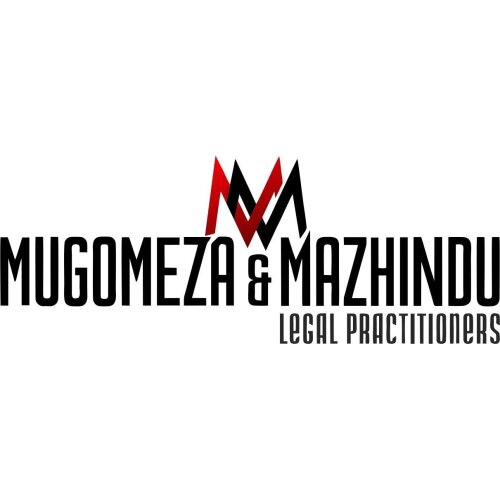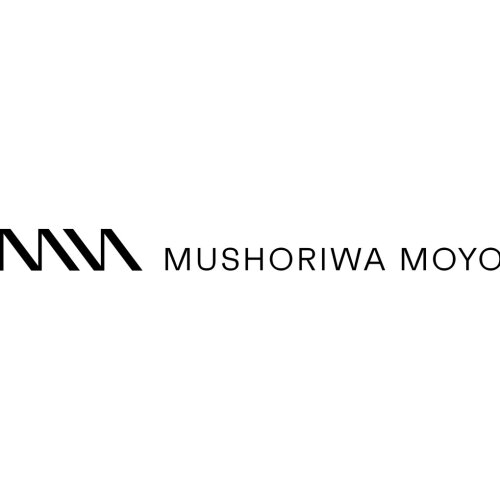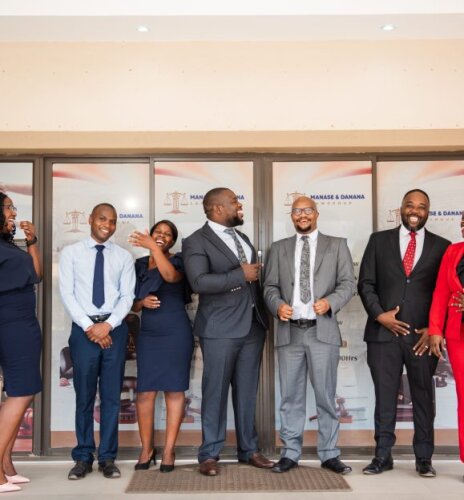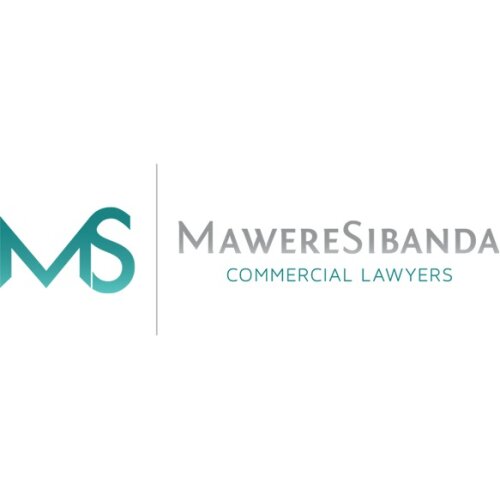Best Bankruptcy Lawyers in Harare
Share your needs with us, get contacted by law firms.
Free. Takes 2 min.
List of the best lawyers in Harare, Zimbabwe
About Bankruptcy Law in Harare, Zimbabwe
Bankruptcy in Harare, Zimbabwe, involves legal procedures for individuals or businesses who are unable to repay outstanding debts. The Bankruptcy Act (Chapter 6:07) outlines the process, which aims to fairly distribute the debtor's assets among creditors and provide a chance for the debtor to start afresh financially. The legal proceedings can be complex, requiring a detailed assessment of financial documents and stakeholder engagement. Bankruptcy can also affect one's credit rating and financial future, emphasizing the importance of understanding the process and seeking appropriate legal guidance.
Why You May Need a Lawyer
Legal assistance in bankruptcy cases is often crucial for various reasons. Firstly, bankruptcy laws can be complex, involving intricate paperwork and legal jargon that may be confusing for non-specialists. Secondly, a lawyer can provide strategic advice to protect your assets and rights. Debtors may also need legal assistance to interact with creditors and the courts effectively. Additionally, insolvent businesses might need guidance on restructuring options to avoid bankruptcy. In all these scenarios, a lawyer serves as a vital advisor and advocate, ensuring that all legal requirements are met while working towards the client's best financial outcome.
Local Laws Overview
Key aspects of the bankruptcy laws in Harare, Zimbabwe, include the filing procedures under the Bankruptcy Act. The process begins with the debtor or a creditor filing a petition with the High Court. Upon acceptance, the court appoints a trustee responsible for assessing and distributing the debtor's assets to creditors. Zimbabwe’s bankruptcy law also provides for compositions or schemes of arrangement, which may allow debtors to reorganize rather than liquidate their assets. Importantly, the Act encompasses both individuals and corporations, addressing insolvency for both entities but under slightly different procedural nuances.
Frequently Asked Questions
What is bankruptcy?
Bankruptcy is a legal proceeding involving a person or business that cannot repay their outstanding debts. The creditors may recover the debts through the legal bankruptcy process.
How does one file for bankruptcy in Harare?
Bankruptcy is filed through a petition in the High Court of Zimbabwe, either voluntarily by the debtor or involuntarily by creditors.
Can businesses file for bankruptcy?
Yes, both individuals and businesses in Harare can file for bankruptcy under Zimbabwe's legal system.
What happens to my assets during bankruptcy?
Your assets may be liquidated by an appointed trustee to satisfy your debts, although some may be exempt depending on the circumstances and legal provisions.
Will bankruptcy affect my credit rating?
Yes, declaring bankruptcy can significantly impact your credit score and remain on your credit report for several years.
Can bankruptcy stop creditors from contacting me?
Generally, once a bankruptcy case is filed, an automatic stay is put in place which stops most creditors from pursuing collection activities against you.
Are all debts dischargeable in bankruptcy?
Not all debts can be discharged in bankruptcy. For example, certain taxes, alimony, and child support obligations typically cannot be eliminated.
How long does the bankruptcy process take in Zimbabwe?
The duration can vary depending on the complexity of the case and the court’s schedule, generally lasting several months to over a year.
Can I keep any assets after filing for bankruptcy?
You may be allowed to retain certain essential assets; however, this depends on specific legal exemptions applicable to your case.
Do I need to attend court if I file for bankruptcy?
Yes, you will likely need to attend court hearings during the bankruptcy process, where a lawyer can effectively represent you.
Additional Resources
For those seeking further guidance, several resources may be helpful. The High Court of Zimbabwe provides detailed insights into bankruptcy filing procedures. The Legal Resources Foundation in Harare can offer free or affordable legal assistance for those in need. The Institute of Chartered Accountants of Zimbabwe may also provide advice on financial decisions related to bankruptcy.
Next Steps
If you need legal assistance with bankruptcy, consider reaching out to a professional lawyer specializing in bankruptcy law in Harare. Prepare all necessary financial documents and a list of creditors to expedite the process. Consulting with a financial advisor can also be beneficial in understanding the full implications of bankruptcy on your financial situation. By taking these steps, you will be better prepared for all aspects of the bankruptcy proceedings.
Lawzana helps you find the best lawyers and law firms in Harare through a curated and pre-screened list of qualified legal professionals. Our platform offers rankings and detailed profiles of attorneys and law firms, allowing you to compare based on practice areas, including Bankruptcy, experience, and client feedback.
Each profile includes a description of the firm's areas of practice, client reviews, team members and partners, year of establishment, spoken languages, office locations, contact information, social media presence, and any published articles or resources. Most firms on our platform speak English and are experienced in both local and international legal matters.
Get a quote from top-rated law firms in Harare, Zimbabwe — quickly, securely, and without unnecessary hassle.
Disclaimer:
The information provided on this page is for general informational purposes only and does not constitute legal advice. While we strive to ensure the accuracy and relevance of the content, legal information may change over time, and interpretations of the law can vary. You should always consult with a qualified legal professional for advice specific to your situation.
We disclaim all liability for actions taken or not taken based on the content of this page. If you believe any information is incorrect or outdated, please contact us, and we will review and update it where appropriate.













